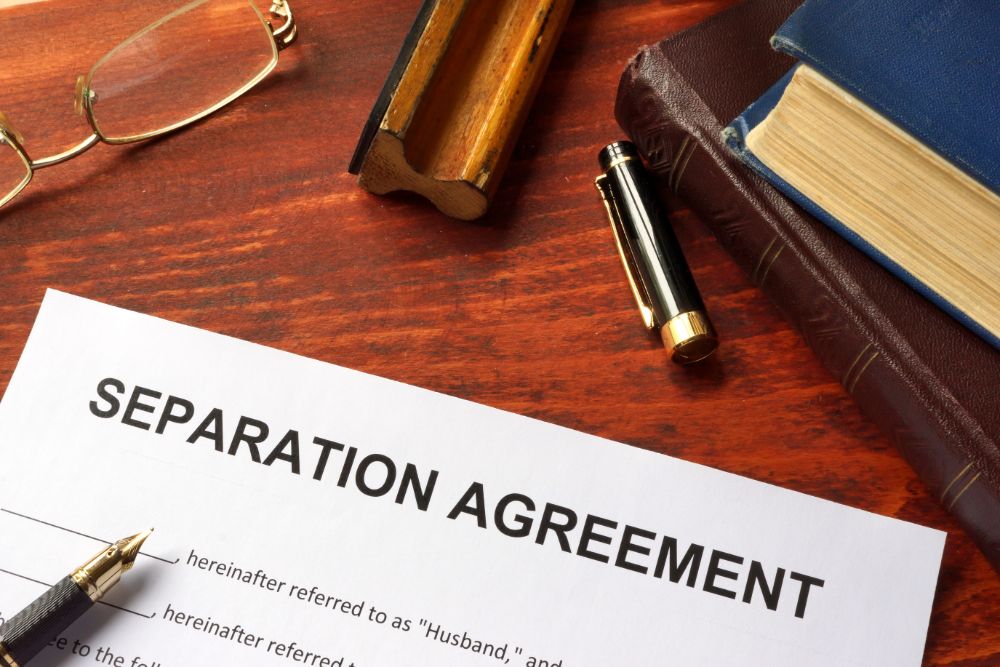If you are served with divorce papers it is important to contact an attorney as soon as possible. You only have 21 days from the day you are served to file a response. If you do not, an order will be entered without notice to you.
Once a divorce becomes contested (a response is filed), the judge will send you and your spouse to mediation. There are also a number of documents you will be required to disclose. Failing to do so can result in an order that limits your evidence at trial or requires you to pay your spouse’s attorney fees.
In each case, the judge will make a decision about how to divide your assets and debts. This includes real property (houses, investment property), personal property (furniture, vehicles), and financial accounts (retirement, stocks, bonds, bank accounts).
Idaho is a community property state. Simply put, this means that, except for a few specific instances, anything purchased or acquired during marriage, including debts are either community property or community debts and belong to both you and your spouse. Anything that you owned prior to the divorce, with a few exceptions, is your separate property and cannot be awarded to your spouse in a divorce.
Under Idaho Code §32-712, community property will be divided in a substantially equal manner. There are some exceptions to this in which one spouse may be awarded an unequal share of community property, assets, or debts.
If you and your spouse share minor children the court will enter a custody order that is in the best interest of the minor children as outlined in Idaho Code § 32-717.
A child support order may also be entered in your case. In Idaho, child support is based on the income of you and your spouse, the number of overnights the children spend in each of your homes, the cost of insurance for your children, and the division of tax credits.
Dividing your property and assets and ensuring your custody order is in the best interest of your children can be difficult to navigate on your own. We are here to help guide you through this transition with as little stress as possible.
Frequently Asked Questions
Can I get Alimony in Idaho?
Maybe. Alimony or spousal support as it is more commonly referred to is designed to be rehabilitative in the State of Idaho. The court will consider many factors including educational background, health, and incomes to determine if you will receive support.
I just moved to Idaho, how long do I have to wait to file for divorce?
You must reside in the State of Idaho for six (6) consecutive weeks before you can file for divorce.
How long do I have to wait to file a custody case?
Under the Uniform Child Custody Jurisdiction and Enforcement Act (“UCCJEA”) your child must reside in the state for more than six (6) months before Idaho may be able to take jurisdiction over your custody litigation. If you are moving from one state to another you will want to talk to an attorney that is familiar with UCCJEA as most States in the US have similar provisions in their laws.
How long is the court process?
It depends. An uncontested case can be resolved within a month or two. A contested case, one that requires a court trial, can take up to a year or more until final resolution is reached.
What if I don’t want a divorce?
Idaho is a “no fault” state and only one party to the divorce needs to want a divorce in order for it to proceed. The only grounds needed for a divorce in Idaho is “irreconcilable differences.”
What if my spouse had an affair?
In Idaho, there are a number of grounds for divorce contained in Idaho Code, Title 32, Chapter 6. In most situation these grounds will not apply as Idaho is a no fault state. You will need to talk to an attorney if you believe there are grounds for divorce other than irreconcilable differences.
For divorce lawyers in Boise, Idaho,
set up a consultation today with Davis and Hoskisson, PLLC.

